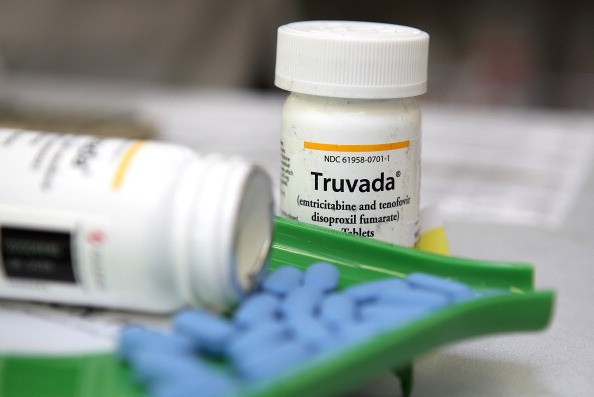
Taking a combination pill of two antiretroviral drugs each day appears to reduce the risk of contracting the human immunodeficiency virus (HIV). This finding is from a study conducted by Kaiser Permanente, San Francisco's largest private health insurer, and it shows that a preventive treatment can work in real world circumstances in a high-risk population.
The study found that not one of its 657 clients receiving the drug, which is a combination of tenofovir and emtricitabin sold under the brand name Truvada, became infected after more than 2 years. There had been fears that using a preventive medication, which is called pre-exposure prophylaxis (PrEP), would lead to patients using condoms less and more HIV infections.
The study, published in Clinical Infectious Disease, found that the patients on PrEP did use fewer condoms. They contracted several other sexually transmitted infections (STIs) as a result, but none contracted HIV. Most other STIs are serious, but can be cured with antibiotics. HIV cannot be cured, but can be controlled with antiretroviral drugs taken for life.
One limitation to this study is that it is an observational study, not a randomized clinical trial, the results of which would be more definitive. The U.S. Food and Drug Administration has approved the use of Truvada for prevention of HIV infection.
This study is the equivalent of 388 "person-years" of observation. A 2014 clinical trial among gay men in England, participants who received a placebo instead of the two-drug combination had 9 infections for every 100 person-years of observation. That study was stopped early because it was deemed to be unethical to keep some participants on a placebo once it had become clear that PrEP worked.
About a third of all San Franciscans with private health insurance use Kaiser Permanente, which has its own hospitals, doctors and pharmacies. It also tracks all of its patients in one electronic records system.
Almost all the participants in the Kaiser study were gay men, of whom 84% reported having multiple sexual partners, which puts them at high risk. Half became infected with gonorrhea, syphilis, or chlamydia within a year. More than 40% said they were using condoms less frequently. Seventy-four percent said that they had the same number of sexual partners.



